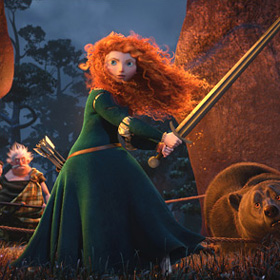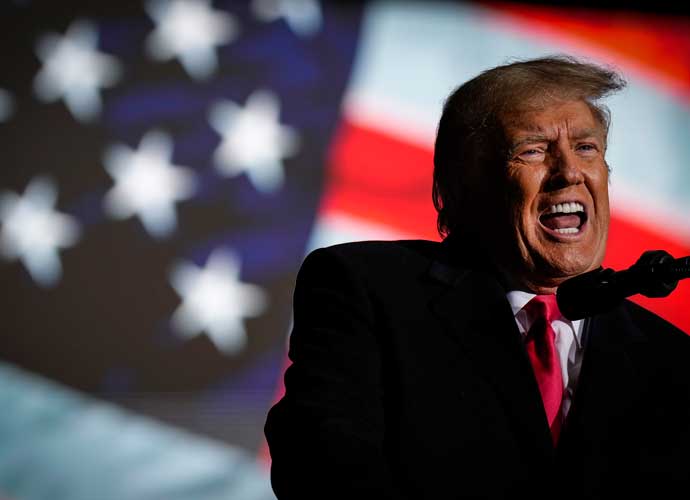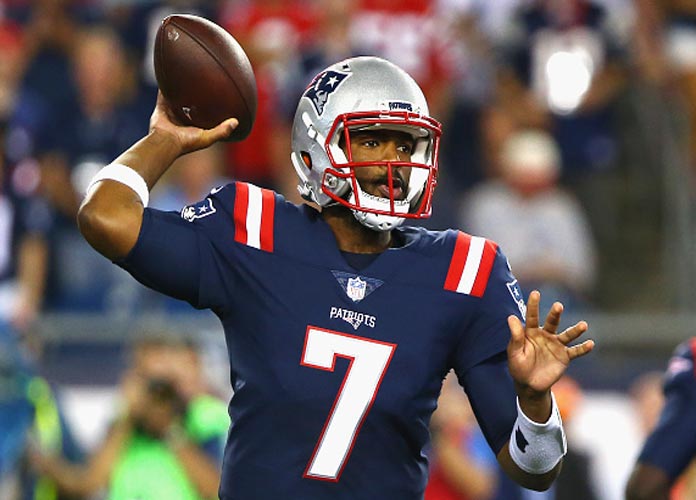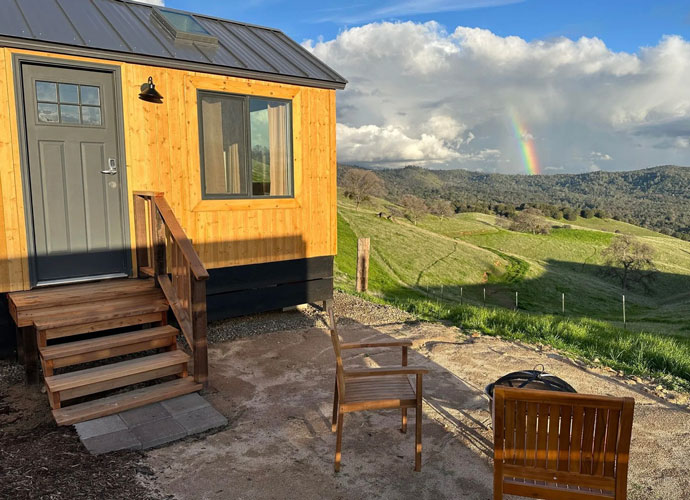Brave

3/5
After the magical and magisterial Up, the opening ten minutes of which are considered by many to be Pixar Studio’s very finest, there were those who looked forward across their upcoming slate of sequels and prequels with a vague air of suspicion and began to question whether or not the studio would compromise its artistic integrity in its pursuit of conveyor belt commercialism? Whether it be transcending the inherent ick factor of rats in the kitchen with Ratatouille or the sheer audacity of transforming a curmudgeonly old pensioner into an action hero in Up, the inimitable genius of Pixar has always been its ability to boldly break new ground, not in retreading territory of old.
Yes, there is an argument to be made that they essentially re-package the same message again and again (stay true to yourself, follow your heart, and never, ever let others arbitrarily dictate your boundaries to you), but so well-rounded are the characters and so vividly imagined and expansive are the worlds they inhabit that the story feels fresh and new each time. Until now…The story of a rebellious young princess striving to take control of her destiny, Brave, Pixar’s thirteenth feature, was hotly anticipated not least because it’s their first movie to feature a dedicated female protagonist. Yet, despite hopping continents all the way to the Scottish highlands and winding the clock back some 800 years, Brave feels oddly limited in scope and unsatisfactorily light in ambition.
“This is not a Disney princess story” was the line during the picture's $180 million production. But rather than use that as a jumping off point to explore a deeper, more original story, this rather simple premise appears to be the movie’s ultimate conclusion as opposed to merely being a logical place to start. Voiced by Kelly MacDonald, Princess Merida, a feisty tomboy with a firebrand personality to match her dazzling locks, is less than thrilled to hear that her mother has arranged a contest in which the lunkheaded firstborns of neighboring clan leaders will compete for her betrothal. Realizing that she, too, is a firstborn, Merida decides to enter the contest and compete for her own hand. Inspired!
Yet rather than a subsequent rip-roaring adventure that defies expectations of both class and gender, the picture makes the maddening decision to divert itself down a narrative cul-de-sac preoccupied with the classic Disney fascination of emoting animals aping human behavior. It’s difficult to be too specific without spoiling the plot, but suffice to say that the contest is over before it really ever begins and rather than blazing any kind of trail for twelfth-century feminism, Merida spends much of the picture regretting her decision to rail against her mother’s rigid expectations.
At the end of a Pixar movie, even some of the weaker ones, the overriding feeling that remains at the conclusion of the journey is that the characters have all come very far. Merida, by contrast, doesn’t even get to the far side of the forest, and what strides she does make are ones in which she is passively led by wisps as opposed to boldly forging any of her own. Not all the magic is gone – this is Pixar, after all. Billy Connolly’s king is a beautifully drawn contradiction of hulking warrior and henpecked husband, while Merida’s three mischievous, cake-munching little brothers are inspired comic relief, worthy even of their own spin-off.
Still, the odd moment of levity aside, the central spine of the story remains weakly conceived and poorly developed. Little thematic meat is chewed over beyond the simple summation that not every girl necessarily needs a betrothed before she has even finished puberty, which for a Disney movie about a princess is progress of a sort. But having declared with such fervor that "This is not a Disney Princess movie," it seems something of a shame that Brave then spends such an inordinate amount of time making a point that could have easily been self-evident from the beginning.
RELATED ARTICLES
Get the most-revealing celebrity conversations with the uInterview podcast!







Leave a comment